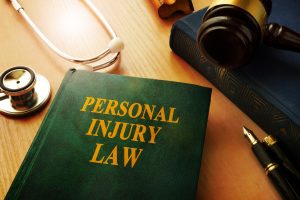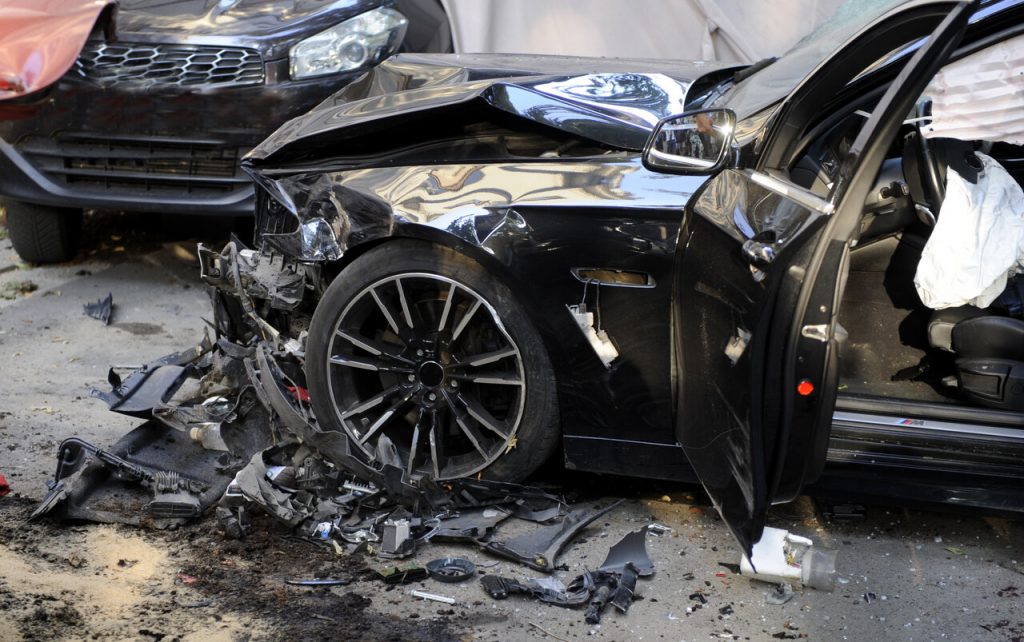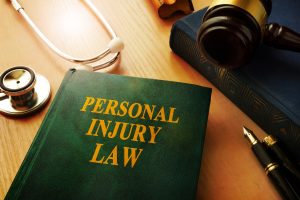Sustaining injuries as a result of negligence or wrongdoing by another party is grounds for a lawsuit. When a legal case is imminent, the wronged party should seek the professional services of a personal injury lawyer. Prior to hiring the attorney, consider the following.
A personal injury lawyer can help a victim of an accident or an individual who has been injured due to the negligence of others. Such a competent legal professional is knowledgeable about personal injury laws and can help the victim seek compensation for her injuries.
Unfortunately, insurance companies and major corporations will go out of their way to avoid paying compensation for a victim’s injuries and damages. A skillful personal injury lawyer, however, protects a client’s best interests against these hostile companies and explains her legal rights.
When is a personal injury lawyer necessary?
An individual who is injured in a car accident must prove the negligence of the offending party. Without evidence, the victim cannot recover compensation for the injuries. Hiring a personal injury lawyer is expedient when the negligent party disputes liability, as the lawyer gathers evidence to prove liability.
A personal injury case will need a lawyer when multiple parties are involved. Examples include medical malpractice claims, construction accidents, product liability claims, and multi-vehicle accidents. The personal injury lawyer develops a case to protect the victim and seeks higher monetary compensation.
Injuries that result in permanent disability or traumatic injury could cause a victim to require ongoing medical care. Depending on age and disability, future damages could run in the millions over a lifetime. A lawyer assembles a team of medical and economic experts to ensure the victim receives maximum compensation.
The abovementioned scenarios are only a handful of instances when a personal injury lawyer can help. In general, the at-fault’s insurance company will aggressively fight back in order to protect itself from liability and avoid paying compensation. A personal injury lawyer fights for fair compensation.
What should be considered when hiring a personal injury lawyer?
- 1. Consider relevant experience
The right personal injury attorney will have experience handling specific types of personal injury cases. Consider that personal injury law is broad, ranging from medical malpractice to vehicle accidents and wrongful death. Ask the attorney what type of personal injury law he practices.
Probe into the lawyer’s professional experience to determine how many similar cases he’s handled. A law firm could give little or extensive focus to specific types of cases, so it is important to know their areas of expertise. Note what types of cases they recently handled and the outcomes.
Although a lawyer may have handled similar cases, the cases may not have gone to trial. While many cases are settled before they go to court, not all attorneys possess the skill to try a case in court. Find a lawyer who has taken similar cases to trial and won.
- 2. Consider a good reputation
Personal injury lawyers with a track record of success enjoy a stellar reputation. Lawyers who have earned a good reputation have extensive legal experience; they will also have gained the respect of peers. Overall, a solid reputation gives insight into the quality of the legal practice.
Evaluate the attorney’s reputation by researching the local chapter of the bar association. Additional feedback may be obtained from customer reviews; ratings can provide a wealth of information about client experiences in working with the lawyer and how the lawyer handles client relations.
- 3. Consider legal fees
Understand the personal injury lawyer’s fee structure before hiring. Most lawyers who specialize in personal injury law operate on a contingency fee basis, which means the client pays no legal fees unless she recovers compensation from her personal injury lawsuit.
Once the case is resolved, the lawyer will take a fixed percentage of the money awarded. In most cases, the fixed percentage ranges from 20 to 40 percent. If a contingency agreement is not in place, find out if the lawyer charges by the hour or a flat rate.
Be aware of accumulating litigation costs that are paid out of pocket. Whether a case is won or lost, the client may have to pay medical record retrieval fees, filing fees, and other miscellaneous clerical charges. Ask the potential attorney about his policies regarding out-of-pocket litigation costs.
Personal injury lawsuits can be lengthy, especially when severe injuries are sustained. The lawyer should be able to provide a rough estimate of the time frame for the case, though an accurate one may be unrealistic (due to case complexity, willingness to settle, or court calendars).
Assess the experience and qualifications of a potential personal injury lawyer before making a hiring decision. When you are looking for a competent personal injury law firm, consider Berry K Tucker & Associates. We offer 50+ years of combined legal experience in building successful personal injury cases.
In Illinois, personal injury cases have a two-year statute of limitations, meaning injured parties must file their claim within two years after the injury. When you choose our qualified personal injury lawyers to work on your behalf, your case will be handled swiftly and competently.
Looking for more information?
The attorneys at Berry K Tucker & Associates have skillfully handled numerous types of personal injury cases. Our firm specializes in car and bicycle accidents, defective products, medical malpractice, nursing home abuse and neglect, worker’s compensation, and wrongful death, among others.
Rather than continue to lose wages and watch medical bills accumulate, contact the personal injury lawyers at Berry K Tucker & Associates. We will determine whether or not you are eligible for punitive damages related to your injuries. Our firm works with insurers to ensure maximum compensation.
If you suffered injuries due to the negligence of another party, do not delay contacting Berry K Tucker & Associates. Our personal injury lawyers in Oak Lawn, Illinois, will provide you with expert legal guidance and representation. Contact our office today to speak to a qualified personal injury lawyer.


 After both parties sign the settlement agreement, the insurance company in a personal injury case will remit compensation. The legal documents must be filed appropriately in order to protect the plaintiff in the future. Only once the process is satisfactorily complete will the plaintiff be paid.
After both parties sign the settlement agreement, the insurance company in a personal injury case will remit compensation. The legal documents must be filed appropriately in order to protect the plaintiff in the future. Only once the process is satisfactorily complete will the plaintiff be paid.













